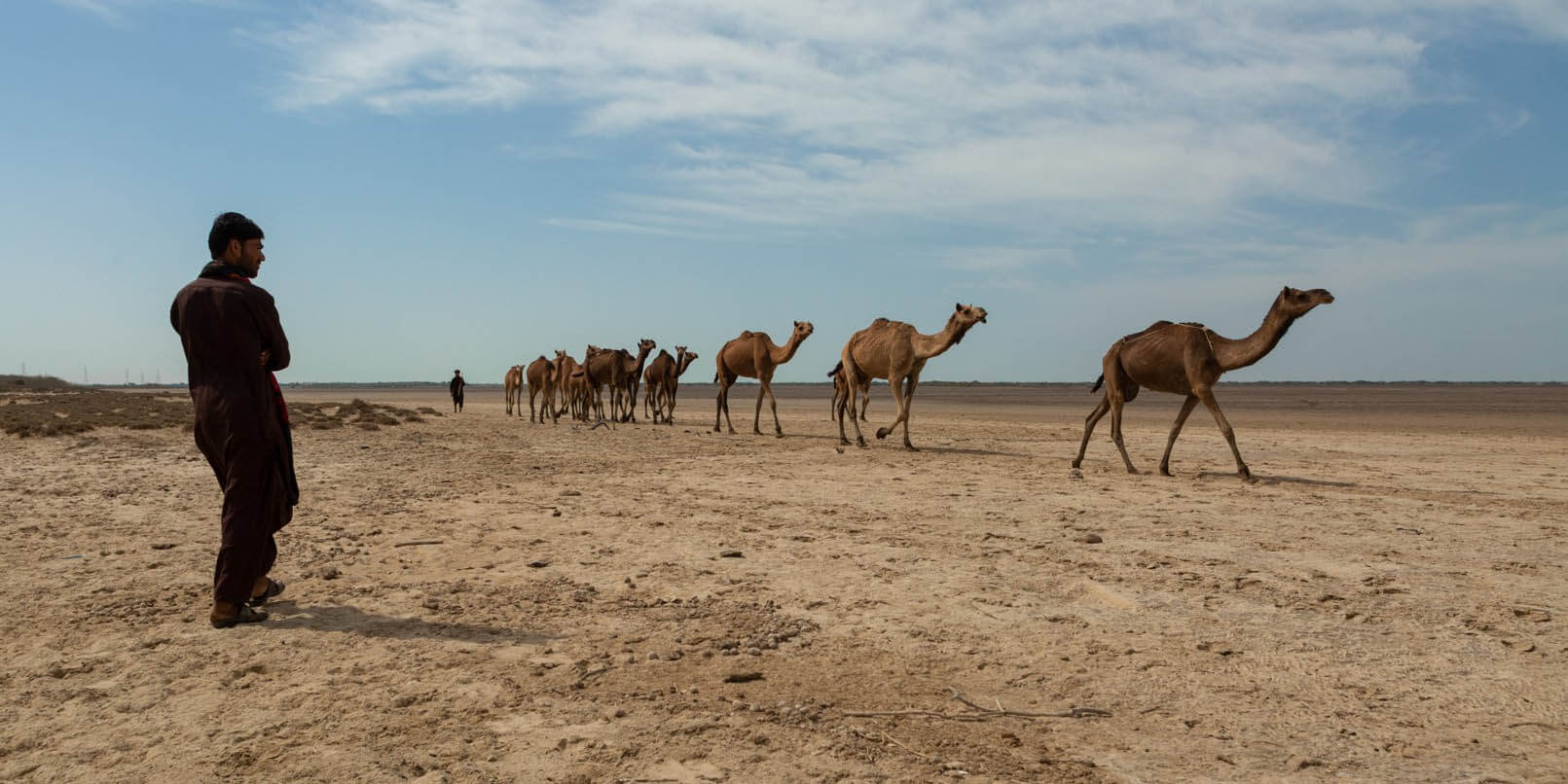
This blog is part of a series of perspectives from ISC Fellows and other members of the ISC’s network on the United Nations Climate Change Conference (COP27), which takes place from 6 to 18 November 2022 in Sharm El Sheikh, Egypt.
Today’s changing climate is occurring in the context of a long history. The relationships between rich and poor nations have been deeply shaped by colonialism, injustice and extraction. The legacy of these stories continues today in many arenas of trade, economy and development, and climate change is no exception.
Richer countries, who continue to benefit from debt regimes and reap the rewards of extractive industries, must recognize this history as they consider their responsibilities. What’s more, they continue to be the worst polluters and worst emitters of carbon. So climate action is not just about helping the most vulnerable: it’s realizing how this vulnerability is caused and shaped by inequity and injustice, and the extraction and hoarding of wealth, both within nations and across the globe.
Too many ‘climate solutions’ continue to be imposed from above, guided by the rich world’s interests – sometimes leading to maladaptations, like building concrete seawalls in places where mangroves could protect coasts, or planting trees unsuited to local ecologies. Instead, supporting local knowledge and ideas can help to avoid such mistakes, account for uncertainties, and allow more flexible, adaptive and long-term plans to emerge. Co-producing new ideas, as we have done in the Transformations to Sustainability programme’s Tapestry project with those on the front line, means paying attention to their evidence and experience alongside more technical or scientific data.
In Kutch, Gujarat, mangroves are a crucial form of defence against storms from the ocean. Camels, herded in this area for many generations, have been blamed by some local authorities for damage to the mangroves. However, by working closely with local herders to map their journeys, and analysing satellite imagery over time, our research found that some grazing by camels can help the mangroves to flourish by stimulating their growth. The research suggests that pastoralism and conservation could work hand-in-hand, making use of the herders’ intimate knowledge of the coastline and small islands.
In the island region of the Sundarbans, people are threatened by extreme weather, and agricultural land has been damaged by salt water. Here, local people are responding with different methods of producing food, including salinity-resistant crops and aqua-geoponics. In doing so, they are building on traditional knowledge and experimenting to see what is most appropriate for the conditions where they live, in partnership with community organisations and researchers. TAPESTRY research has explored how local people see their futures through art, as well as roundtables and meetings that brought together multiple viewpoints to understand the changes that are taking place.
In Mumbai, indigenous fishers are campaigning for their knowledge and rights to be recognized, and have been involved in roundtables to understand the big issues they face and how to respond to them. They have added their voices to criticisms of large building projects, including the ecological impacts of a major coastal road, and highlighted their cultural contributions to the city’s life through exhibitions and festivals. TAPESTRY research in Mumbai has also highlighted the importance of defending mangroves as a defence against storms.
In all these cases, climate change is part of a complex web of changes and uncertainties that affect people in coastal areas. Inequalities and marginalization, poverty, pollution and poor infrastructure are systemic problems that make extreme weather or rising temperatures hit some people much harder. This means that the current conversations around loss and damage at COP27 are vital, in order to help the poorest communities deal with climate-related hazards – addressing the multiple reasons why people are vulnerable to shocks and stresses. It also shows the importance of collaboration, bringing scientific knowledge together with traditional knowledge and local people’s close, practical understanding of the places where they live.
Professor Lyla Mehta is a Professorial Fellow at IDS (Institute of Development Studies), Principal Investigator on the Tapestry project, and Co-Editor of The Politics of Climate Change and Uncertainty in India. She is also a Visiting Professor at the Norwegian University of Life Sciences.
Nathan Oxley is Impact Communications and Engagement Officer at IDS.
Image by Nipun Prabhakar/TAPESTRY project.